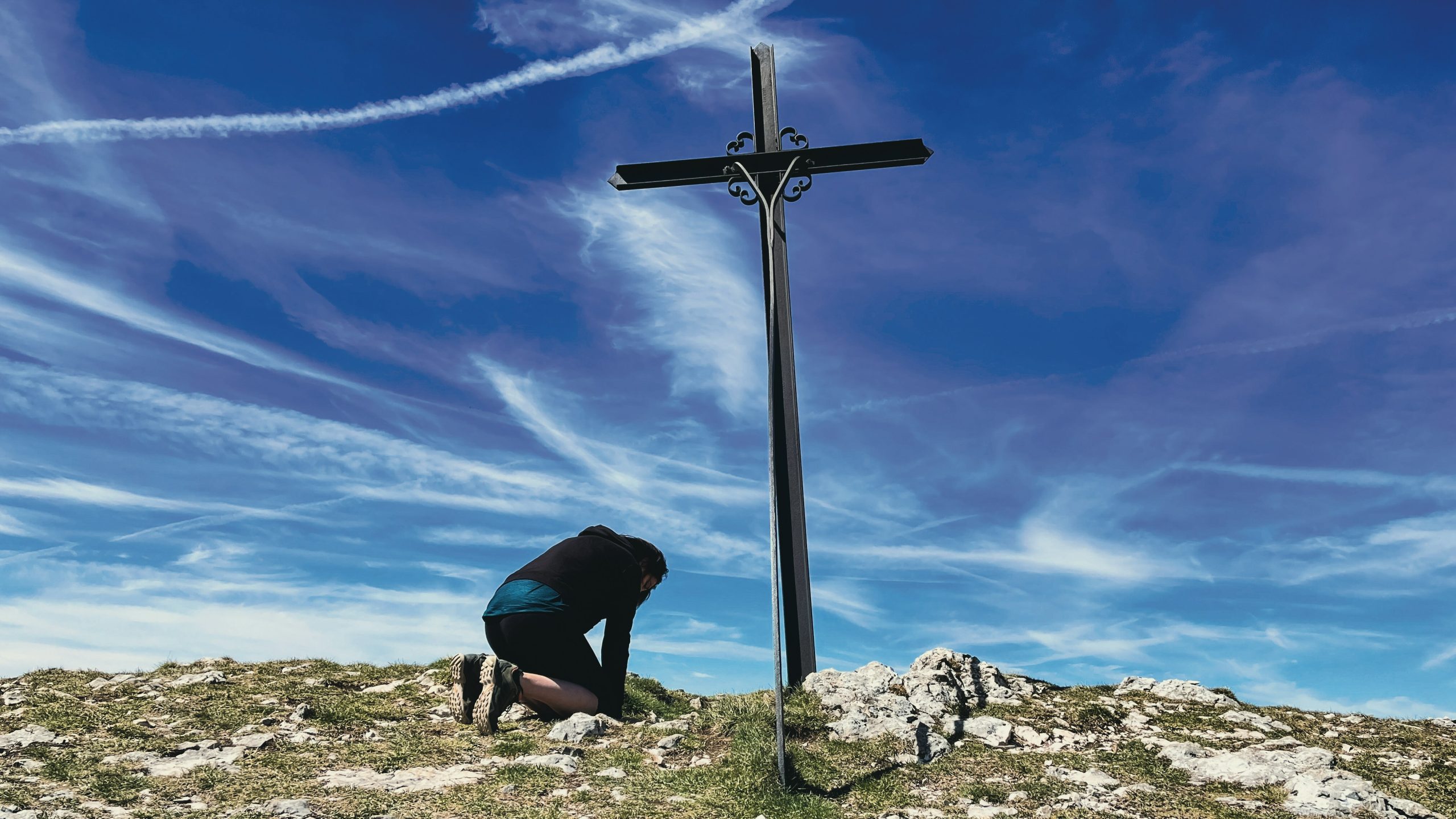December 2025 Bible Study
God Is Faithful To His Promises by Major Angela Strickland
Salvation Army USA Western Territory Women's Ministries




By Captain Gin PackCentralia, WA Corps – Northwest Division There are few times I’ve ever felt more victorious as when I simply put a seed into the ground, water occasionally, …

By Captain Jan PembertonDivisional Women’s Ministries Secretary – Cascade Division Introduction:This Bible study explores the concept of being a new creation in Christ. We will examine scriptures highlighting the transformation …

By Major Beth DesplanckeTerritorial Women’s Ministries Program Secretary Bible Study on Mark 4:35-41 Opening Questions: Fear is a natural response as a human. But if we are in Christ, we …

By Major Tammy Ray, Sara Ray & Carol WorldRedding, CA Corps – Del Oro Division Bible Study on Hosea 1-3 The book of Hosea was written by Hosea, a prophet …

By Major Cathi BoydAdministrator for ProgramLas Vegas, NV Adult Rehabilitation Center Bible Study on John 4:1-42 You are not hiddenThere’s never been a momentYou were forgottenYou are not hopelessThough you …

By Captain Raghel SantiagoKauluwela Mission, HI Corps – Hawaiian and Pacific Islands Division Scriptures: Ephesians 1:7-8, Psalm 103:8-12 In him we have redemption through his blood, the forgiveness of sins, …

By Major Cheryl KistanDivisional Director of Women’s Ministries – Intermountain Division Read Ephesians 2:1-101. Have you ever thought of yourself as a masterpiece? Ephesians 2:10 tells us that we are …

By Major Jennifer Erickson-KingAnchorage Citadel, AK – Alaska Division Supplies Needed: Scripture Verses: “I praise you because I am fearfully and wonderfully made; your works are wonderful; I know that …

By Major Angela StricklandDivisional Women’s Ministries Secretary – Golden State Division “Charm is deceptive, and beauty is fleeting; but a woman who fears the LORD is to be praised.” Proverbs …

By Major Rutendo MasangoDirector of Continuing EducationCollege for Officer Training Do you know you are loved by our Creator? You are valuable and you are such a huge part of …

By Major Gaylene YardleyDivisional Women’s Ministries Secretary – Southwest Division Begin by meditating on the song “Known” by Tauren Wells Read Psalm 139:1-24 Questions for discussion: Am I important to …

By Major Sybil SmithTorrance, CA Corps – Southern California Division “See what great love the Father has lavished on us, that we should be called children of God! And that …

By Captain Irene CastroDivisional Women’s Ministries Secretary – Del Oro Division Note: Since the spiritual discipline we are focusing on this month is “Listening Prayer” this month’s Bible Study is …

By Captain Jan PembertonDivisional Women’s Ministries Secretary – Cascade Division Instructions:This Bible Study contains questions about the study of Meditation and Memorization of Scripture. Take your time as you read …

By Linda GarciaFairbanks, AK Corps – Alaska Division I wanted to accurately define hospitality: Hospitality is action and affection, receiving and loving a stranger. I grew up seeing this displayed …

By Major Gaylene YardleyDivisional Women’s Ministries Secretary – Southwest Division Needed Supplies (needed by each person): “Be kind to one another, tenderhearted, forgiving one another, as God in Christ forgave …

By Major Beth DesplanckeTerritorial Women’s Ministries Program Secretary As you soak in the sun or soak in a pool, I encourage you also to use the summer months to soak …

By Captain Charlene MorrowMonterey Peninsula, CA Corps – Golden State Division Text: James 3:1-12 Introduction: Think about the wide variety of comments and connections you make daily. The average person …

By Major Beth Desplancke A Bible Study on Psalm 32 Open It: To confess is to admit guilt, or admit we made a mistake. To be honest, none of us …

By Major Sybil SmithTorrance, CA Corps Southern California Division OVERVIEW:In this *study we will be looking at the different times throughout Scripture in which Jesus faced suffering in His life. …

By Lt. Makda RodrigueraSeattle White Center, WA CorpsNorthwest Division I remember jokingly saying to someone that I wouldn’t know what to do with myself without my phone. Even though I …